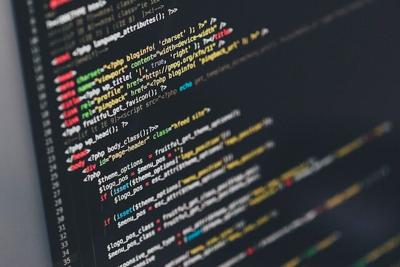
In the realm of networking, private IP addresses play a critical role in ensuring smooth communication within local networks. Understanding what a private IP address is and how it functions is essential for network administrators and enthusiasts alike. In this article, we'll delve into the concept of what is a private IP address and address common troubleshooting issues that may arise.
What is a Private IP Address?
A private IP address is a unique set of numbers assigned to devices within a local network, such as a home or office network. Unlike public IP addresses, which are used to identify devices on the internet, private IP addresses are designed for internal network communication. These addresses are reserved and cannot be routed over the internet, providing an additional layer of security.
Troubleshooting Common Issues
IP Address Conflict:
One of the most common issues with private IP addresses is an address conflict. This occurs when two or more devices on the same network are assigned the same IP address. This can lead to communication problems and network instability. To resolve this, ensure that your router is configured to use DHCP (Dynamic Host Configuration Protocol) to assign unique IP addresses to each device automatically.
Subnetting Mismatch:
Subnetting involves dividing an IP network into sub-networks to improve performance and security. Mismatched subnet configurations can cause devices to be on different subnets, preventing them from communicating with each other. Please verify that all devices within the network have the correct subnet mask to ensure they are on the same subnet.
Incorrect Gateway Configuration:
The gateway is the device that connects a local network to the internet. If the gateway's IP address is misconfigured on a device, it won't be able to reach resources outside the local network. Double-check the gateway configuration on each device to ensure it points to the correct IP address of the router.
Improper DNS Settings:
DNS (Domain Name System) is responsible for translating human-readable domain names into IP addresses. If DNS settings are misconfigured, devices may have difficulty accessing websites and services by name. Make sure that DNS settings are set correctly on all devices, or use the DNS provided by the router.
Firewall Interference:
Firewalls are crucial for network security, but they can sometimes be too restrictive. If configured improperly, a firewall may block necessary network traffic, causing connectivity issues. Review the firewall settings to ensure they allow the traffic required for devices within the network.
Limited Address Range:
Some routers have a limited range of available private IP addresses. If you have numerous devices connected to the network, you may need more available addresses. In this case, you may need to reconfigure the network or consider using a larger subnet mask.
Private IP addresses are the backbone of local network communication, providing a secure and efficient way for devices to interact. Understanding their purpose and troubleshooting common issues is essential for maintaining a smooth network operation. By addressing issues such as IP conflicts, subnetting mismatches, and gateway misconfigurations, you can ensure that your network runs seamlessly. Remember to periodically review and update your network configurations to adapt to changing requirements and technologies.



(0) comments
We welcome your comments
Log In
Post a comment as Guest
Keep it Clean. Please avoid obscene, vulgar, lewd, racist or sexually-oriented language.
PLEASE TURN OFF YOUR CAPS LOCK.
Don't Threaten. Threats of harming another person will not be tolerated.
Be Truthful. Don't knowingly lie about anyone or anything.
Be Nice. No racism, sexism or any sort of -ism that is degrading to another person.
Be Proactive. Use the 'Report' link on each comment to let us know of abusive posts.
Share with Us. We'd love to hear eyewitness accounts, the history behind an article.